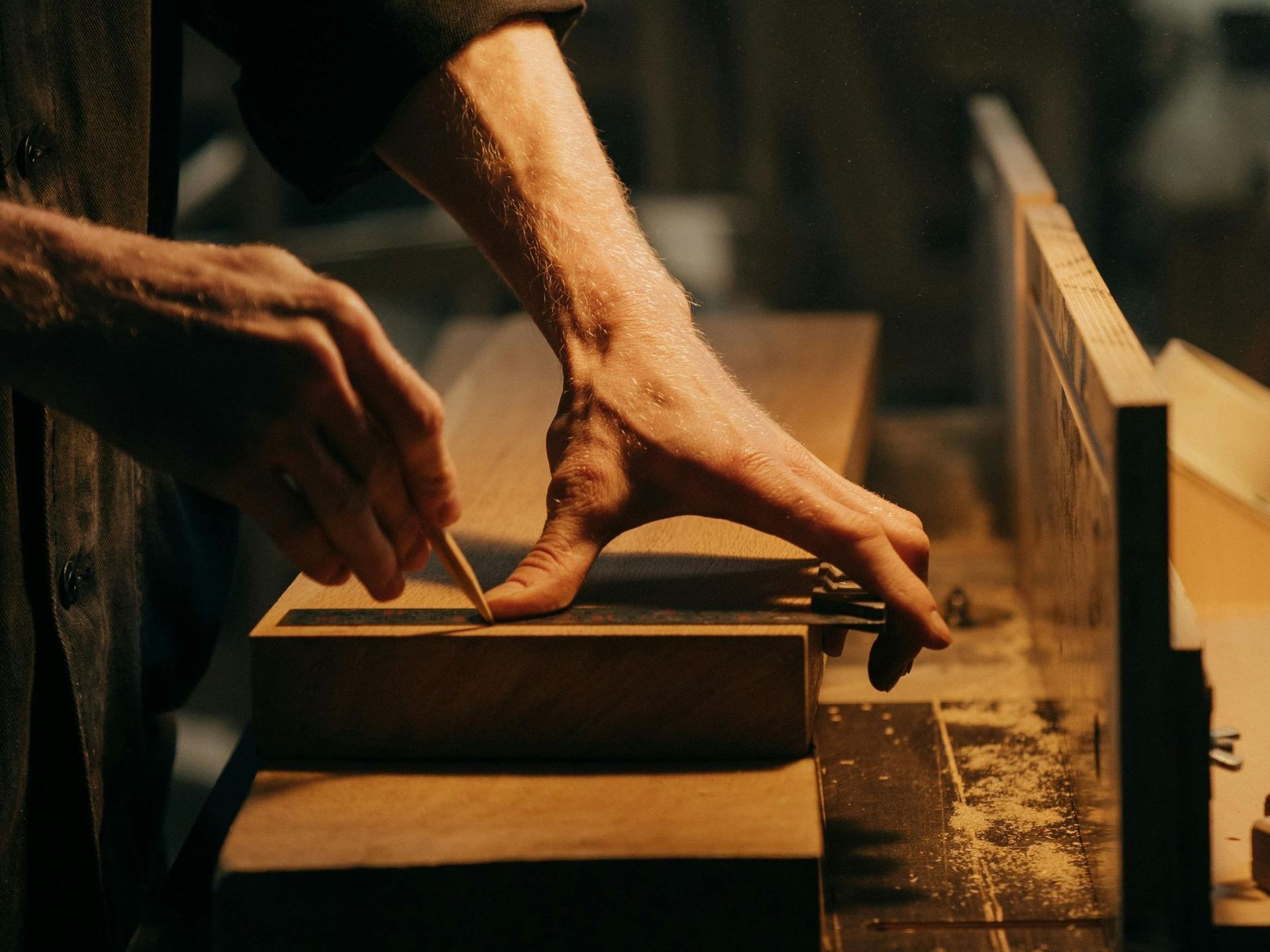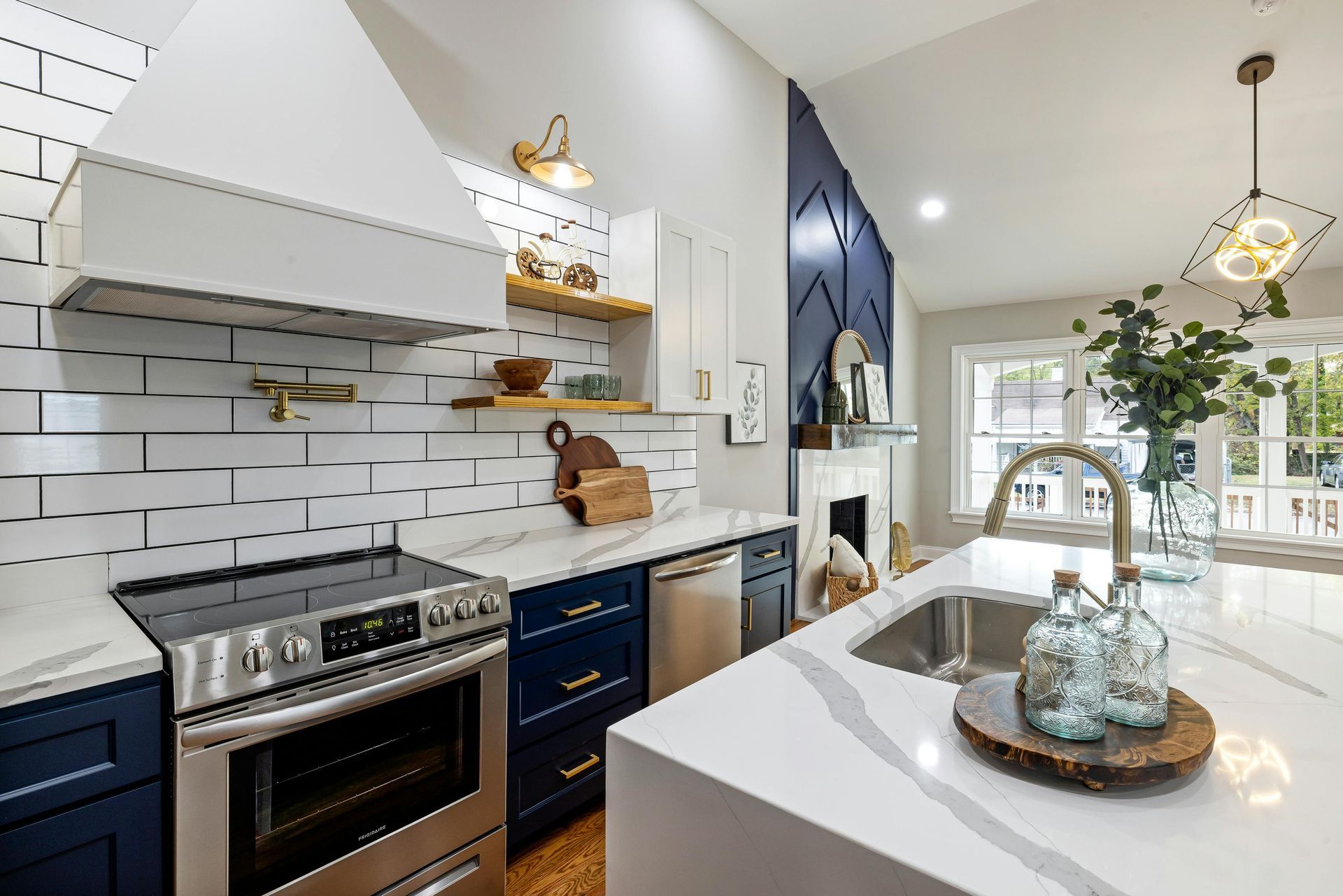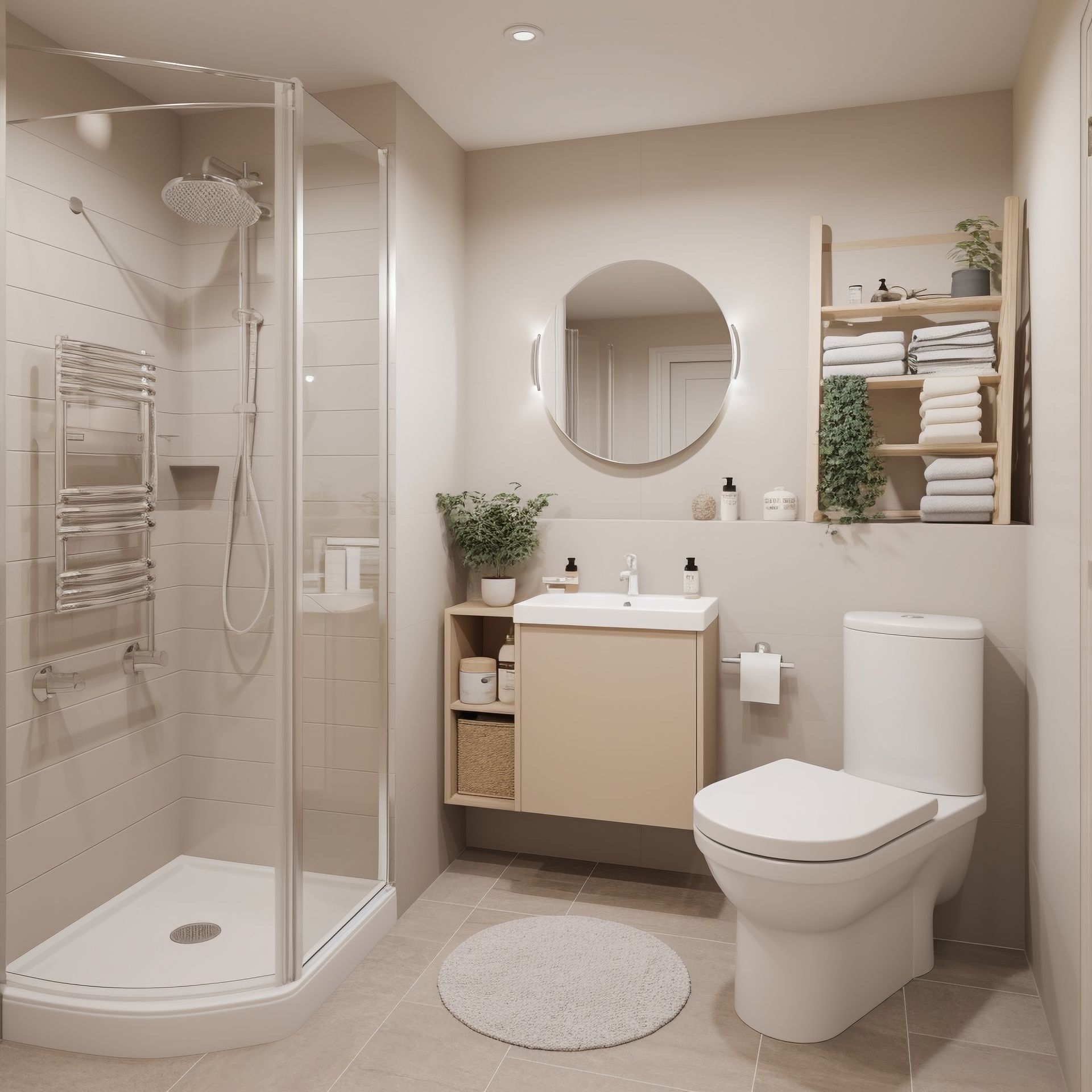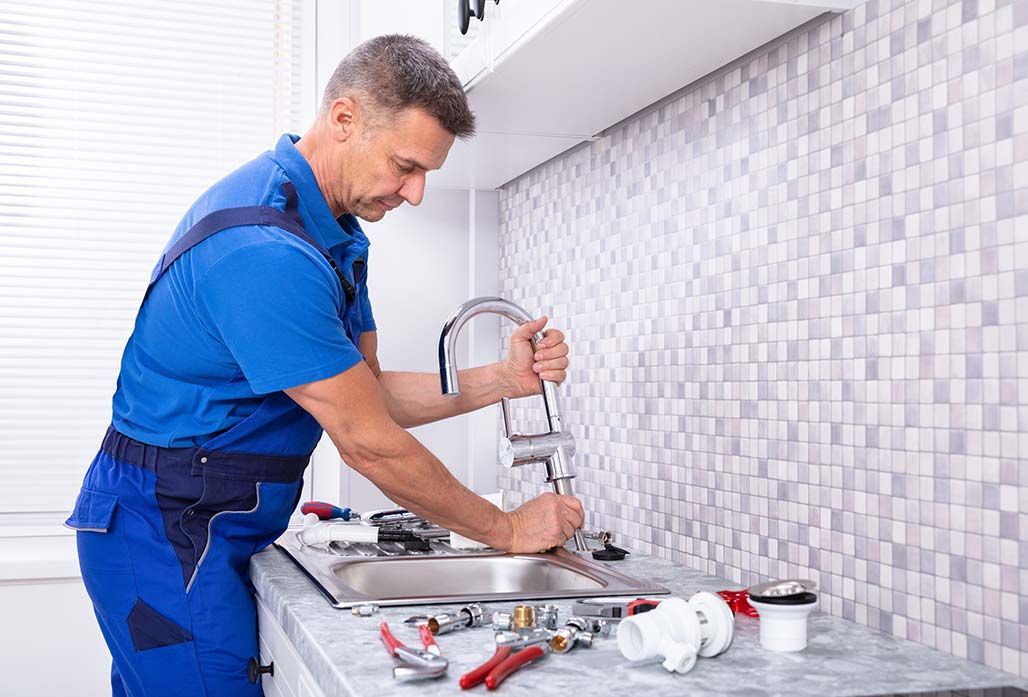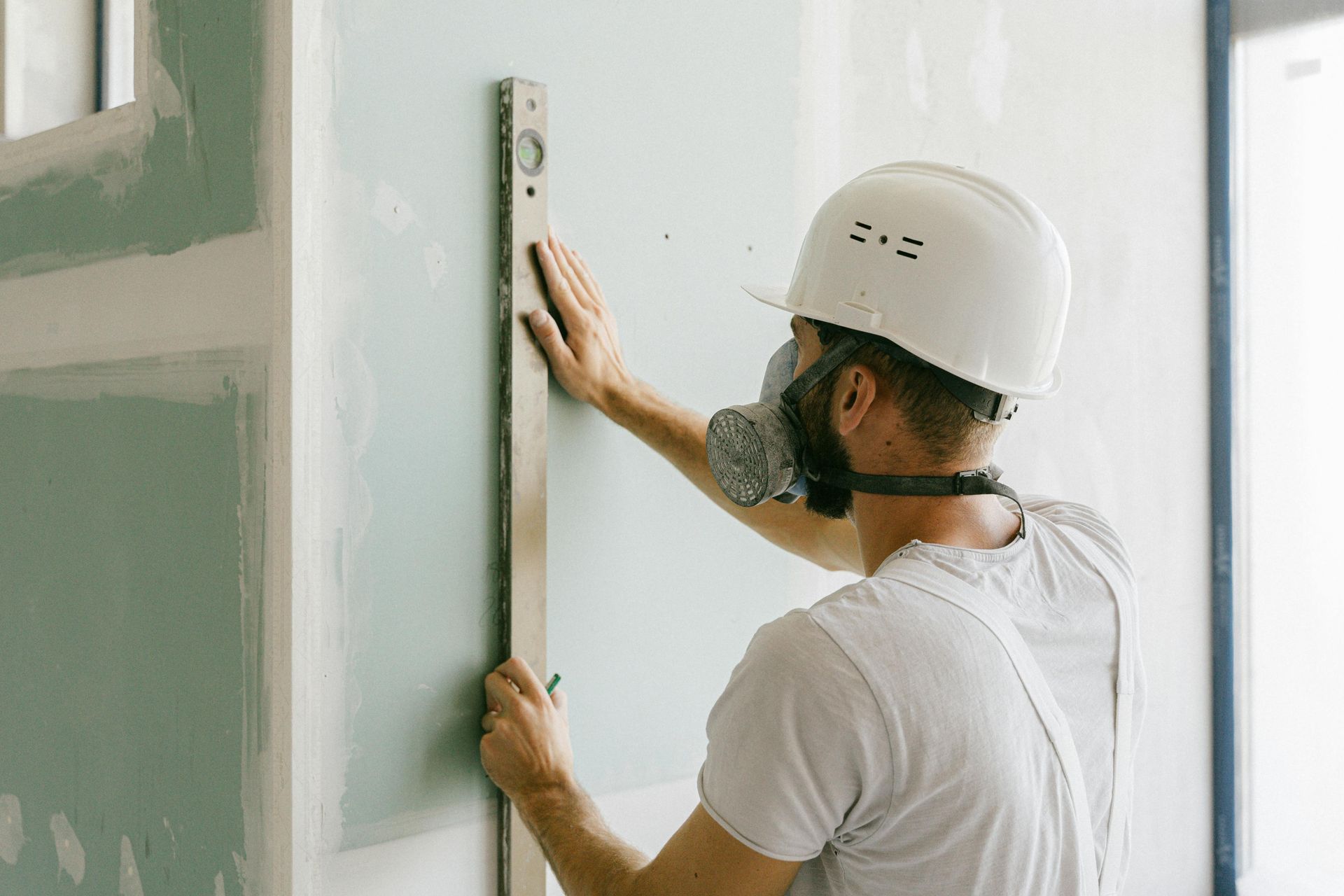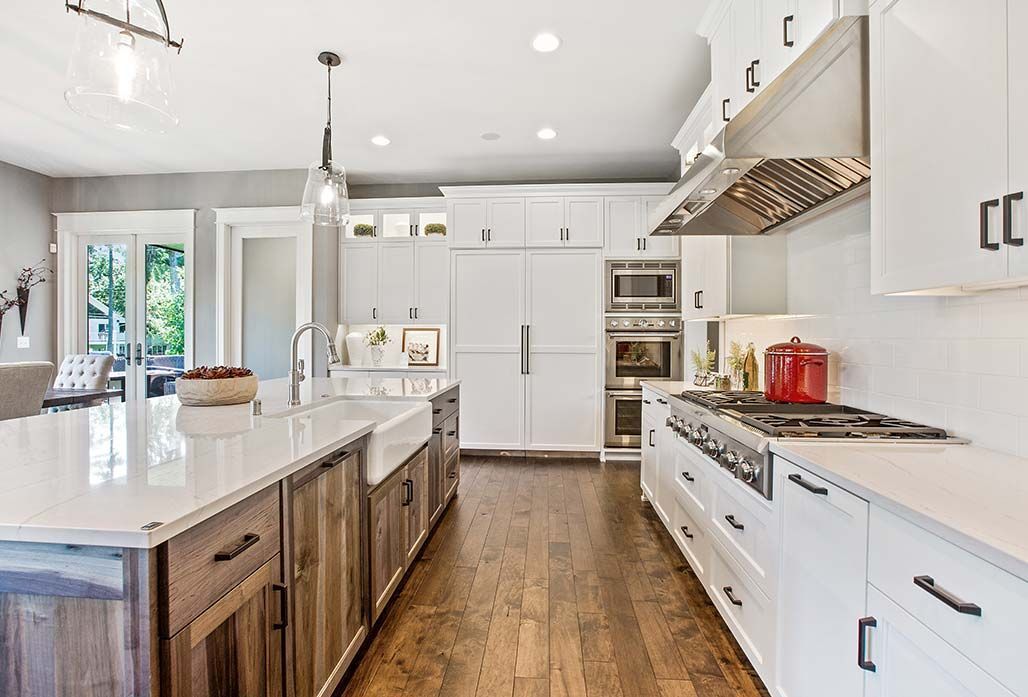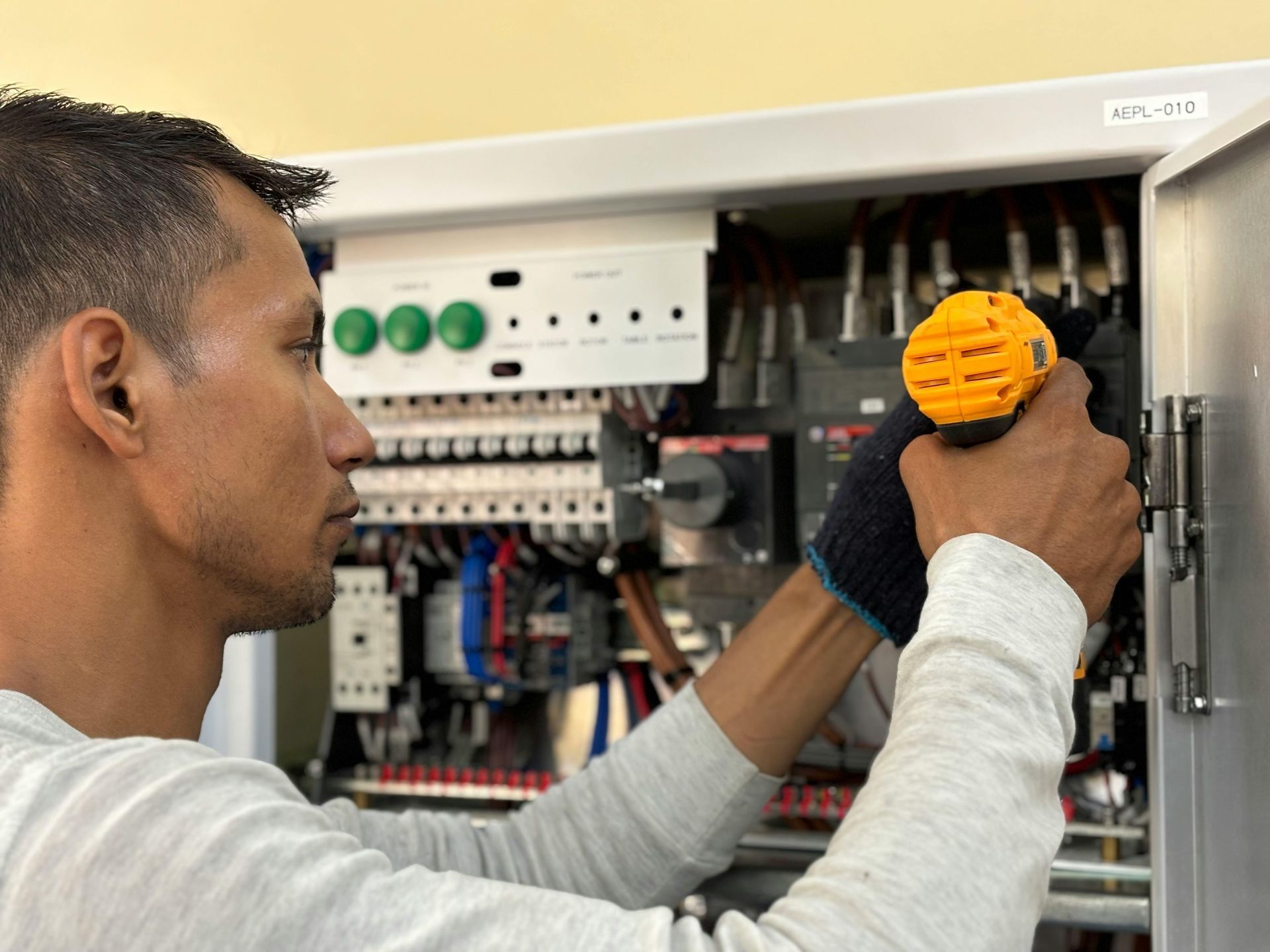Understanding Rough Carpentry: The Backbone of Your Home’s Structure
When people admire a beautifully finished home, they often think about the polished hardwood floors, granite countertops, or modern light fixtures. But before any of these finishes are even possible, there’s one critical phase of construction that makes it all happen: rough carpentry. This foundational stage of building is often out of sight once a home is complete, but it remains the silent framework that supports everything else.
In this article, we’ll explore what rough carpentry is, why it's essential to every structure, and how hiring professionals like Have Hammer Will Travel in Dunnellon, FL, ensures your home is built to last.
What Is Rough Carpentry?
Rough carpentry, also known as structural carpentry or framing, refers to the work done to create the basic skeleton of a building. It includes constructing the walls, floors, ceilings, and roofs using wood or steel framing materials. This phase of carpentry focuses on strength, precision, and durability rather than aesthetic appearance.
Unlike finish carpentry, which deals with the visible parts of a home like molding and cabinetry, rough carpentry lays the groundwork that makes those finish elements possible. If the framing isn’t done right, the rest of the home suffers—uneven floors, cracked walls, or roof issues often stem from poor or inaccurate rough carpentry.
The Key Roles of Rough Carpentry in Home Construction
1. Providing Structural Support
At its core, rough carpentry is responsible for making sure your home stands up straight and stays that way. The walls, beams, joists, and trusses form a rigid framework that resists wind, weight, and time. Every nail and cut must be precisely placed to ensure long-term stability.
2. Creating Room Layouts
Before the drywall goes up, carpenters frame out where each room will go. Walls are erected, doorways are shaped, and ceiling heights are set. Rough carpentry is what turns blueprints into actual living spaces.
3. Supporting Roofing Systems
The roof is a major part of a home’s protection against the elements, and it relies heavily on proper framing. Rafters and trusses must be correctly installed to distribute the roof's weight evenly. This is where roofing expertise and rough carpentry go hand in hand—something our team at Have Hammer Will Travel excels in.
Rough Carpentry vs. Finish Carpentry: What’s the Difference?
While both are essential to the construction process, rough carpentry and finish carpentry serve different purposes:
| Rough Carpentry | Finish Carpentry |
|---|---|
| Builds structural elements like walls, floors, and roof systems | Installs decorative and visible features like trim, doors, and cabinetry |
| Hidden once the home is complete | Always visible in the final product |
| Prioritizes strength, durability, and function | Focuses on aesthetics, fit, and finish |
| Typically completed early in construction | Completed near the end of the project |
Both require skill, but rough carpentry demands precision, foresight, and a deep understanding of structural engineering.
Why Professional Rough Carpentry Matters
Hiring a seasoned carpenter for your framing work can make the difference between a home that lasts decades and one that develops problems in just a few years. Here’s why expert rough carpentry is critical:
- Accurate Measurements: Even being off by a quarter-inch can affect how doors close or how floors feel underfoot.
- Load Distribution: Roofs, floors, and walls must support specific loads. Poor carpentry could lead to sagging or, worse, structural failure.
- Code Compliance: Building codes exist to ensure safety. Professional carpenters understand and follow local regulations in Dunnellon and throughout Florida.
- Time and Cost Efficiency: Mistakes in rough carpentry are costly to fix later. Doing it right the first time saves money in the long run.
At Have Hammer Will Travel, our experienced team ensures every cut and joint is crafted with care. Our work supports everything from sturdy roofing systems to level floors and straight walls.
Common Rough Carpentry Services We Provide
As a professional carpentry and roofing company in Dunnellon, FL, we offer a wide range of rough carpentry services that form the core of any construction or renovation project:
1. Wall and Floor Framing
We frame out the essential structure of your home or building, including exterior walls, interior partitions, and subfloor systems.
2. Roof Trusses and Rafters
Our team can fabricate and install custom roof structures that support your choice of roofing materials.
3. Sheathing Installation
This involves installing plywood or OSB panels to provide a surface for siding, roofing, and flooring. It also adds shear strength to resist lateral forces like wind.
4. Deck and Porch Framing
Want a solid, long-lasting outdoor space? Our rough carpentry ensures your decks and porches are safe and stable from the ground up.
5. New Additions and Remodeling Support
Whether you're building a room addition or remodeling an existing space, we provide the structural framing that supports your project’s success.
Call Have Hammer Will Travel for Expert Carpentry in Dunnellon, FL
At Have Hammer Will Travel, we believe every successful home or renovation starts with solid bones—and that means expert rough carpentry. With years of experience and a deep understanding of structural systems, we’re proud to be a trusted name in carpentry in Dunnellon, FL.
Looking to start a new build or renovate an existing structure? Our professional carpenters are ready to help from the ground up.
Call us today at (334) 303-6963 to schedule your consultation or learn more about how our rough carpentry and roofing services can bring your project to life. We also provide remodeling services, home repairs, tile installation, and more.
Frequently Asked Questions (FAQs)
What materials are commonly used in rough carpentry?
Most rough carpentry uses dimensional lumber like 2x4s, 2x6s, and engineered wood products such as LVL beams. For some commercial projects, steel framing may also be used.
Is rough carpentry only for new construction?
No. Rough carpentry is also crucial in remodeling projects, additions, and repairs. Anytime you're altering the structure of your home, you'll likely need a rough carpenter.
How long does the rough carpentry phase usually take?
The timeline depends on the size of the project, but for a standard home, rough carpentry typically takes a few weeks. Bad weather or a lack of materials might cause hold-ups.
Can I do rough carpentry myself?
While some skilled DIYers may tackle small projects, professional rough carpentry requires knowledge of load-bearing structures, code compliance, and precise measurements. It’s best left to experienced professionals.
What should I look for when hiring a rough carpenter?
Look for a contractor with experience, references, licensing, and a portfolio of completed work. A good carpenter will also explain their process and ensure you understand each step.


